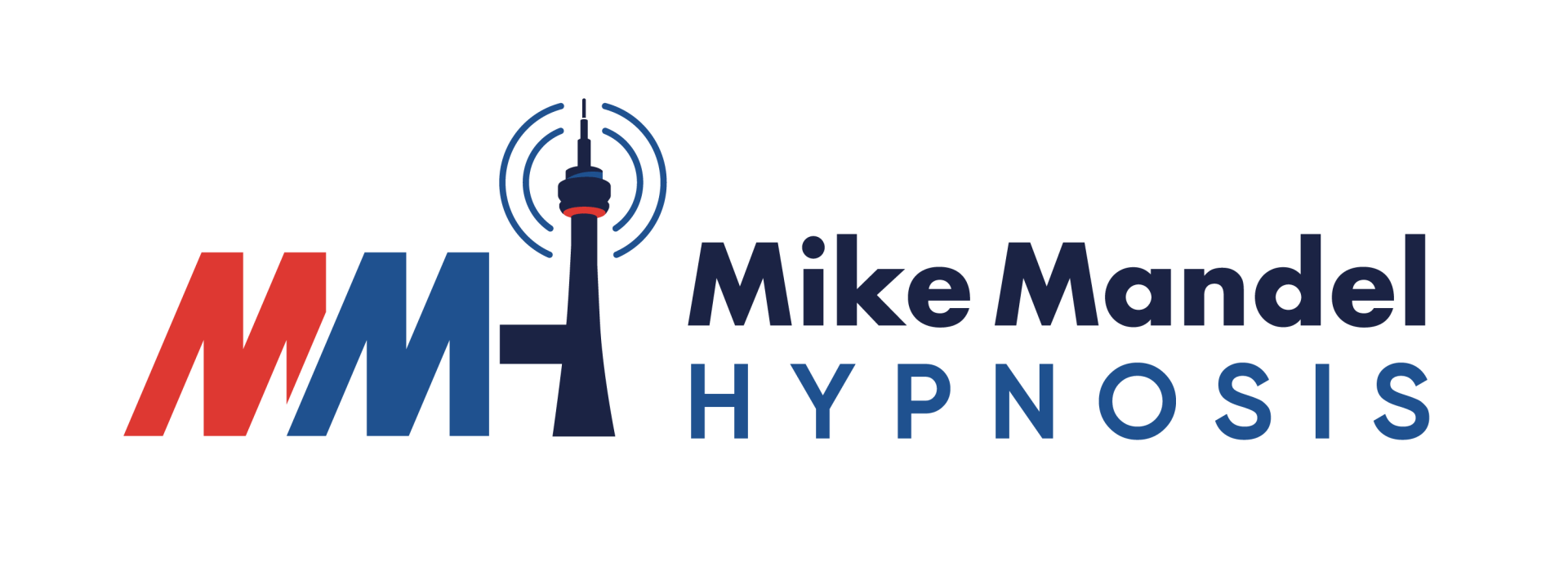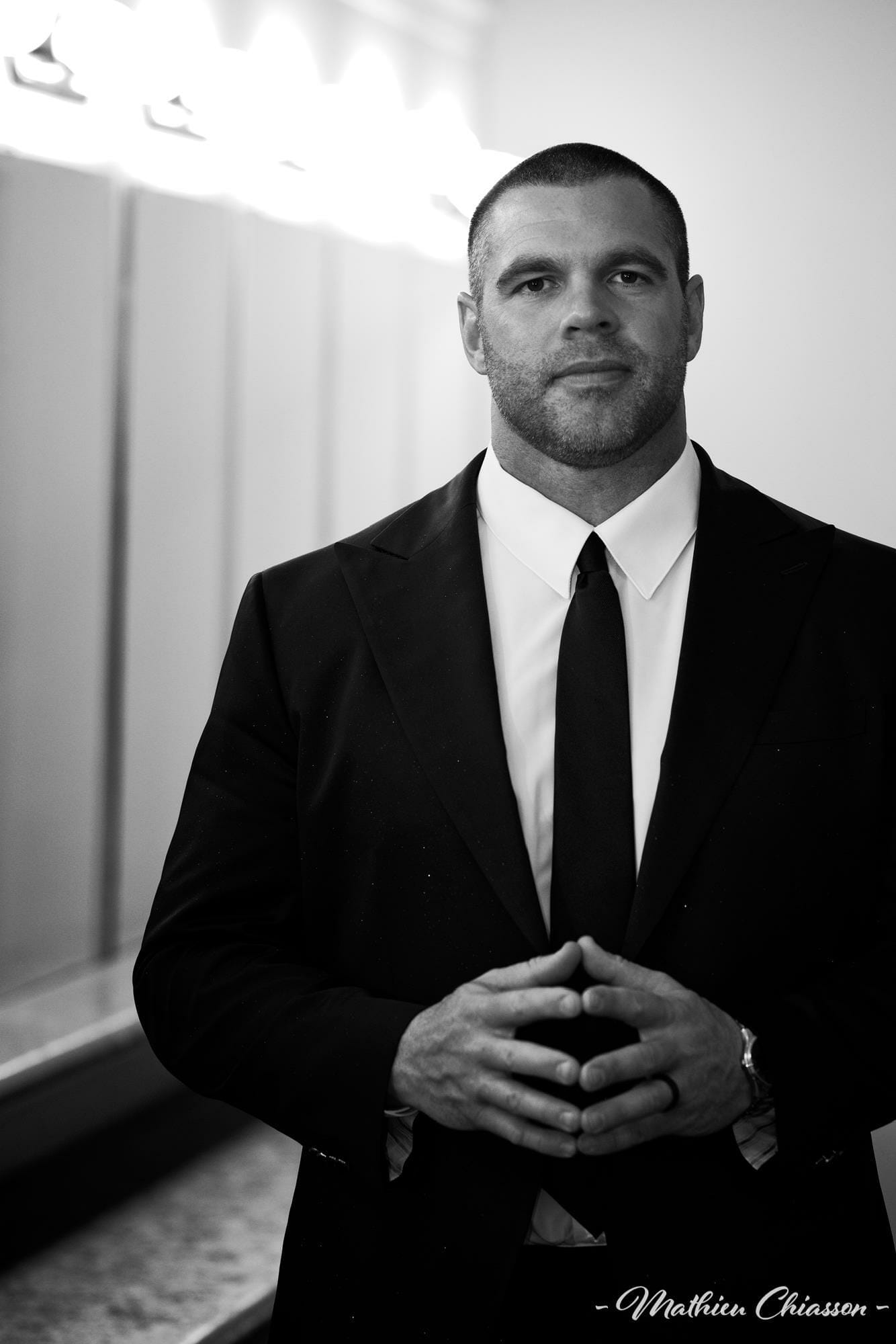If you're looking for the truth behind hypnosis certifications, this is the article you absolutely need to read.
If you enjoy the high-quality content we create for this blog, you'll most definitely love our Youtube channel. Check it out down below. Thanks for SUBSCRIBING!
We get questions on hypnosis and hypnotherapy certification almost daily. Usually the questions comes from people who are considering taking our online hypnosis training or attending our live classroom hypnosis training.
The common theme is people want to know if they'll be accredited, certified, or have the right to use a certain title in their marketing material. People often believe there is some kind of legal requirement to be certified in hypnosis in order to open up for business.

What Does It Mean To Be Called a Certified Hypnotist?
The shocking and sad truth is that it takes next to nothing to become a certified hypnotist.
The title "Certified Hypnotist" is almost meaningless. Sure, it will give you prestige with your clients, and that's a worthwhile reason to use such a title. But the term usually meaningless from a legal standpoint.
This is because there is no universal governing body for hypnotists or hypnotherapists. The field of hypnosis is largely unregulated just like many other industries.
Hypnosis Is an Unregulated Profession
Professions can be regulated or unregulated. If a profession is regulated it means there is some organization that issues a certification or license that holds some kind of legal or government-recognized meaning.
You typically can't advertise yourself as an electrician without proper credentials. But you can call yourself a barber or hair dresser with no restrictions.
In Ontario you can't call yourself a registered massage therapist without registering with the College of Massage Therapists of Ontario, which legally governs the profession. But you can call yourself a personal trainer regardless of your qualifications, skill or certification status.
Unregulated professions have no governing body dictating the legal use of a title, a strict curriculum or qualifications to obtain a license, if a license is even needed.
Just like hypnosis.
A Certified Hypnotist is simply anybody who has taken a course or joined an organization where a certificate has been issued. It doesn't necessarily mean they are skilled.

What About Hypnosis Certifying Organizations?
There are dozens of certifying organizations around. Some are quite large and have been around for a long time. One example is the National Guild of Hypnotists (NGH). Others are smaller, and owned by individual training organizations.
We are technically a certifying organization because we teach hypnosis and we issue certifications for students who pass our testing process. And as wonderful as our training is, and regardless of all the amazing things our students say about us, the certification we issue has no legal meaning.
Some certifying organizations have strict standards and offer incredible training. Others ... not so much. This is why it's important to think about much more than just "Will this course certify me as a hypnotist?"

Two Ways That Hypnosis Certification Actually Matters
Now that you understand how a hypnosis certification doesn't hold any legal meaning, let us offer you two possible ways that such a certification is useful.
First, hypnosis certification may help you obtain business insurance. Some insurance companies will want to know that you have a certification, despite the fact that they generally won't have the first clue about hypnosis or what the requirements were to achieve your certification. But rules are rules, and you have a certification that meets the requirements of your insurer, that's useful.
Second, a hypnosis certificate definitely helps you build prestige. Hanging your certificate on your office wall will give you a sense of authority and prestige with your client, which will often make it easier for you to work with the client and achieve a good outcome.
Anything that you can do, within the bounds of honesty, to boost your clients' belief in your skills as a hypnotist, will help.
But there is more to discuss, so let's move on.
What Is a Hypnotherapist?
'Hypnotherapy' and 'hypnotherapist' are actually simple terms to define, but they can generate a lot of ambiguity and confusion. It is a common misconception to think hypnotherapy is always a kind of stand-alone therapy, like CBT or Gestalt therapy.
This may come as a surprise, but that's not always true. Hypnotherapy is a set of techniques or tools used to achieve rapid therapeutic results, often in conjunction with some other modality such as NLP, EFT, or psychoanalysis.

What Is the Difference Between a Hypnotist and a Hypnotherapist?
To read a full and detailed article we wrote about this topic, click here.
To sum up, "hypnotist" is a broader term than "hypnotherapist".
A hypnotist is someone who uses hypnosis for any purpose whatsoever. For example, Mike Mandel started his hypnosis career doing hypnosis shows for entertainment. Later, he branched out into forensic hypnosis where he worked with police departments on major crimes. None of this, however, would be classified as therapy.
Hypnotherapist, however, is a legal designation in some parts of the world. In other parts of the world there are no restrictions governing this term. Legal aspects aside, a hypnotherapist is a hypnotist who helps clients make therapeutic changes.
In other words, all hypnotherapists are hypnotists, but not all hypnotists are hypnotherapists. It's just like saying all trout are fish, but not all fish are trout.

Is It OK To Call Myself a Hypnotherapist if I’m Helping People With Hypnosis?
Not necessarily. It depends entirely on your local laws. To be safe, we recommend that you only us the term hypnotherapist if you are legally permitted to do so.
For example, in Ontario, Canada, if you have a license to work as a psychotherapist, and you also practice hypnosis, you can call yourself a hypnotherapist. But if you use hypnosis to help clients and do not have any other formal therapeutic designation or license, it's best to avoid using the title hypnotherapist.
Instead, consider using a title such as "professional hypnotist", "consulting hypnotist", "clinical hypnotist" or simply hypnotist.
Do not call yourself a hypnotherapist unless you're sure you can legally do so in your local area.

Marketing Tip: You’re Probably Better Off Calling Yourself a Consulting or Clinical Hypnotist Rather Than Hypnotherapist
Some people, though, prefer to be called therapists for a matter of authority and respect. They feel like they'll have more prestige in front of their potential clients if they make it very clear that they use hypnosis for therapeutic purposes rather than for stage shows.
We'll leave it for you to decide. But it's worth pointing out that more people search on Google for the term 'hypnotist' rather than 'hypnotherapist'. If getting clients matters to you perhaps consider using the term people actually search for.
Our colleagues Jason Linett and Richard Nongard published this professional discussion on the topic.
We suggest the term 'clinical hypnotist' because it's good for marketing, it makes the service you're providing very distinct and clear and there are probably no legal restrictions on its use (in most parts of the world).
'Clinical Hypnotist' simply means a hypnotist who's primary goal is to help people make change.
The word 'clinical' clearly implies that you work directly with clients to help them make changes. It takes away any ambiguity around whether or not you're an entertainment hypnotist or perhaps doing research on hypnosis in an academic environment.

Does My Hypnosis Training Need To Be Accredited?
The word 'accredited' sounds very official. So you've probably noticed that many hypnosis training companies advertise that their training is accredited by some fancy-sounding organization.
The truth is that 'accredited' just means officially recognized or authorized.
Sadly, some hypnosis training companies form their own certifying organization. Then they advertise that they are accredited by said organization.
At Mike Mandel Hypnosis we don't talk about being 'accredited' because we're very transparent about the fact that your certification comes from us. It would seem silly to say that our training is 'accredited' by Mike Mandel Hypnosis because obviously we are authorized to say so.
There are also plenty of other accrediting organizations who authorize trainers around the world to certify hypnotists under their umbrella. This simply means that the student has completed a set of training that meets the criteria established by the certifying organization.
The vast majority of accrediting organizations are independent, and hypnosis certifications they accredit are not government recognized.
Here's a simple example to make things clear. If you go to a nationally-recognized university to study engineering, and you graduate with a Bachelor of Engineering degree, you can claim to have an accredited degree. Similarly, if you become a dentist, your degree is accredited from a government-recognized school.
Hypnosis is very different. The accreditation is not typically government recognized, and that's because hypnosis is pretty much an unregulated field.
So if a school advertises that they're accredited by the International Association of Professional Hypnotic Storm Riders, you can be pretty darn sure that this means absolutely nothing other than that the organization has authorized the hypnosis trainer to make this claim.
We at Mike Mandel Hypnosis could create our own fancy-sounding organization and authorize ourselves (and anyone else) to teach our course. We could call our training 'accredited' by this organization. It wouldn't mean anything.
The only exception we're aware of is the Hypnosis Motivation Institute (HMI) in California. This organization is accredited by the Accrediting Council for Continuing Education and Training (ACCET), an accrediting agency recognized by the U.S. Department of Education.
This doesn't mean the hypnosis curriculum is good or bad, by the way. It just means that their school has achieved some sort of authorization by a body connected to the U.S. Department of Education.
The vast majority of successful hypnotists do not have government-accredited hypnosis training
We can safely estimate that more than 95% of all successful hypnosis professionals in the world don't have any sort of official (government-recognized) hypnosis accreditation. Some, but not most, have accredited degrees in areas such as psychology and dentistry, but not in hypnosis.

Some Concluding Thoughts About Hypnosis Certification
1. Study With an Excellent Trainer.
Practically every hypnosis training out there will offer a certification. Understand that the certification is almost certainly legally meaningless. So make sure your focus is to get the best training you can with knowledgeable, experienced trainers who have a great reputation.
2. Always Keep People Safe.
Anybody could watch a Youtube video and claim that they are a professional clinical hypnotist. But of course, that is neither reasonable nor ethical. You should only start doing change work, therapy and charging people for it after going through a proper training program and acquiring the confidence you can actually help people change.
As a hypnotist, you must ALWAYS care for your subjects' ecology. That is, their physical and mental well-being is your responsibility and yours only. Don't be like the many inapt hypnotists out there who aren't even paying attention if their subject is falling out of the chair or collapsing altogether right in front of them. Take care of them. Keep them safe. That's your #1 priority.
Always intend the experience you're providing them to be as good as possible, whether it's in therapy or entertainment. And for that to happen, you must make sure you have good training.
3. Keep Learning … Forever
We practice what we preach. Mike Mandel has been doing hypnosis professional since 1975. Yet he keeps learning. Sadly, we see hypnotists replying to our online ads regularly. They say things such as "I'm already qualified" ... as if their qualification excuses them from the responsibility of continuous improvement. Thankfully, these people are the minority. But they incorrectly believe that their certificate means the learning is over.
We think you should consider studying hypnosis with multiple trainers through live classes, online videos, books, podcasts, articles, and anything else that offers you a path to get better.
Be better than the piece of paper you hang on your office wall.
What’s the Difference Between a Hypnotist and a Hypnotherapist?
Learn Hypnosis With the Mike Mandel Hypnosis Academy
When you are ready to continue your journey toward becoming world-class hypnotist, we'd recommend starting a 100% free Test Drive of the Mike Mandel Hypnosis Academy (MMHA).
At the Mike Mandel Hypnosis Academy, we don’t teach you to read hypnosis scripts at people. Instead, we’ll show you the fundamental principles of hypnosis so you can achieve anything you want.
You can get started at MMHA with a free Test Drive without ever needing to put in your credit card details. It's the easiest way to start learning hypnosis today.
Start doing hypnosis today!
Click here to get started with the Mike Mandel Hypnosis Academy.


